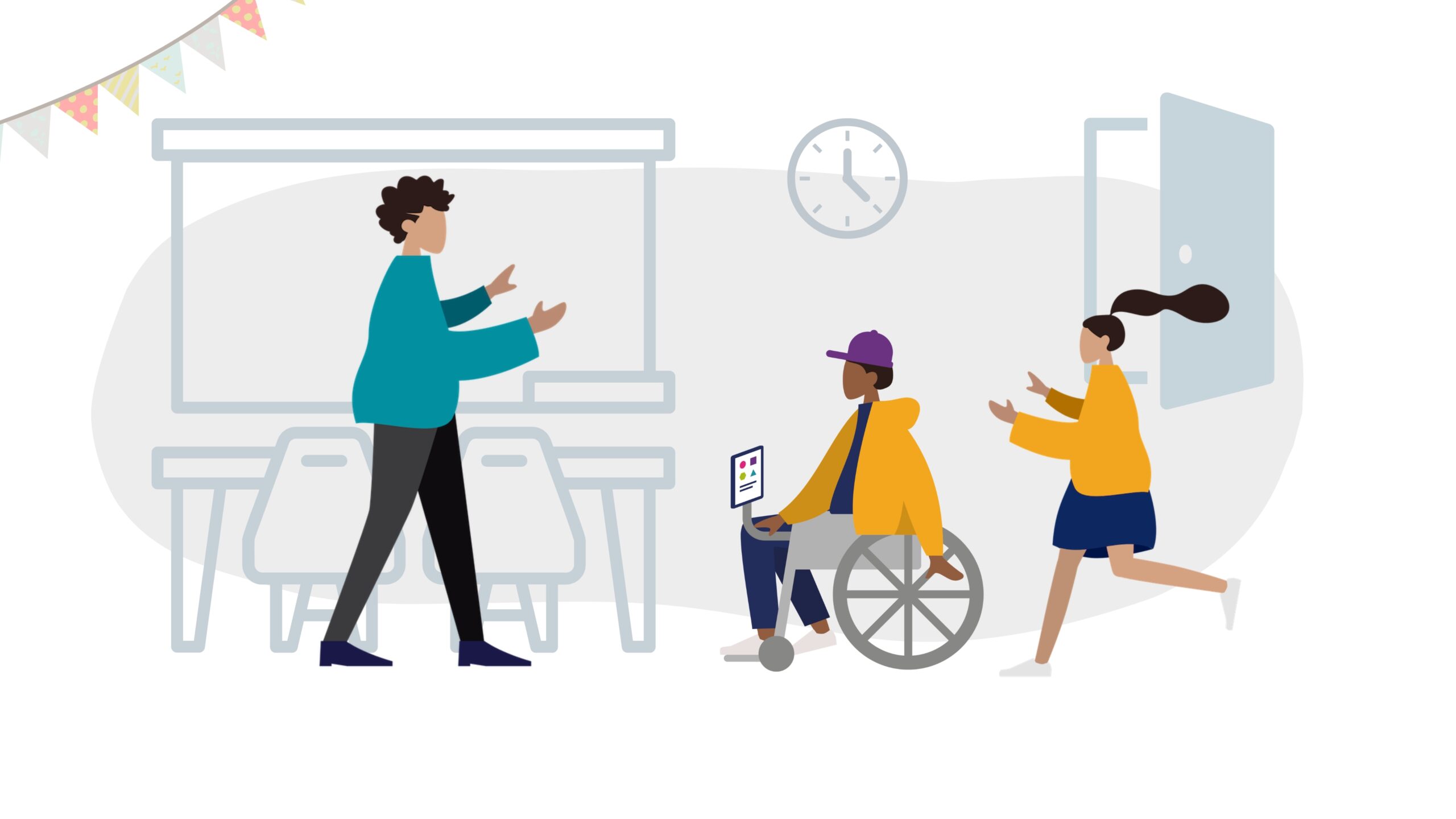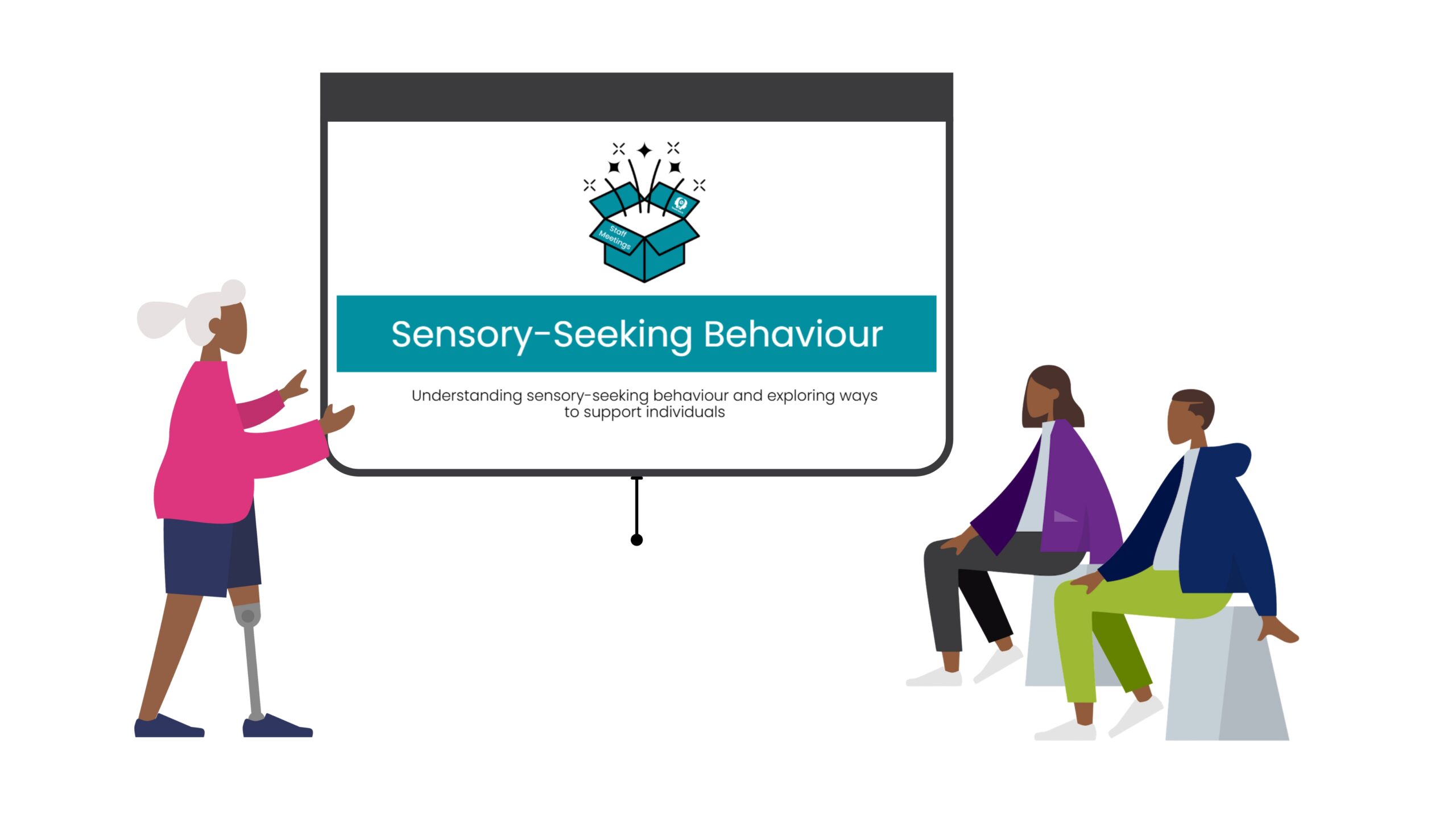Template example for writing effective Individual Support Plans.
Individual Support Plan Template


Template example for writing effective Individual Support Plans.

Guide to help practitioners write effective support plans.

Editable template to record information and personal preferences.

Behaviour support strategies for all children, using inclusive practices.

Anticipate what’s next and spot chances to respond differently.

How to ensure individual support plans meet individuals’ needs.

Strategies to encourage take-up time and support processing skills.

Strategies to help make tasks more manageable.

Devising environments that promote inclusion for all students.

Anticipate what could happen next and spot chances to respond differently.

Guide to supporting young people through the transition process.
Lynn McCann describes strategies to support children with PDA.
Andrea Reid-Kelly discusses how Noonan Syndrome affects individuals.

Staff Meeting in a Box: supporting individuals with sensory-seeking behaviour.

How well-constructed pen portraits help staff understand individual need.